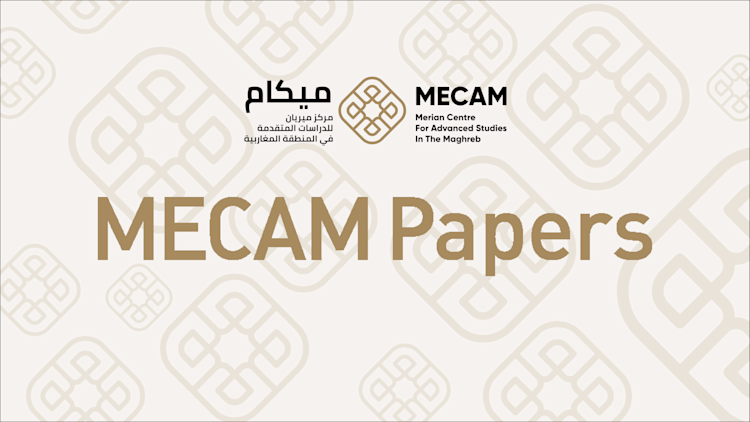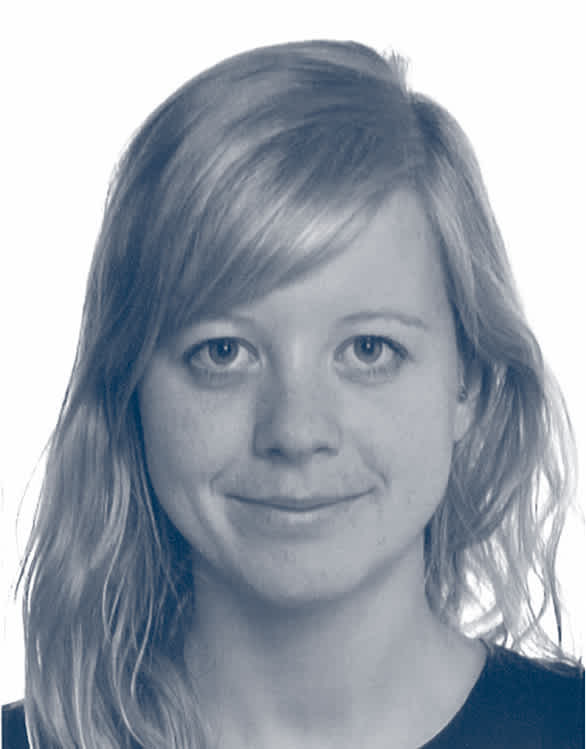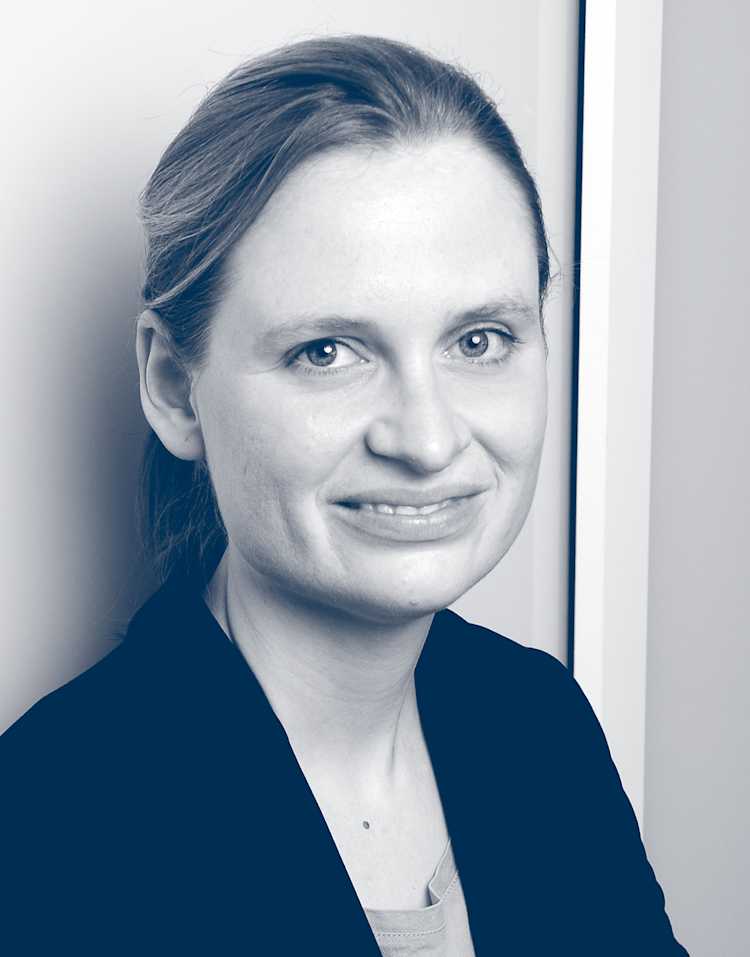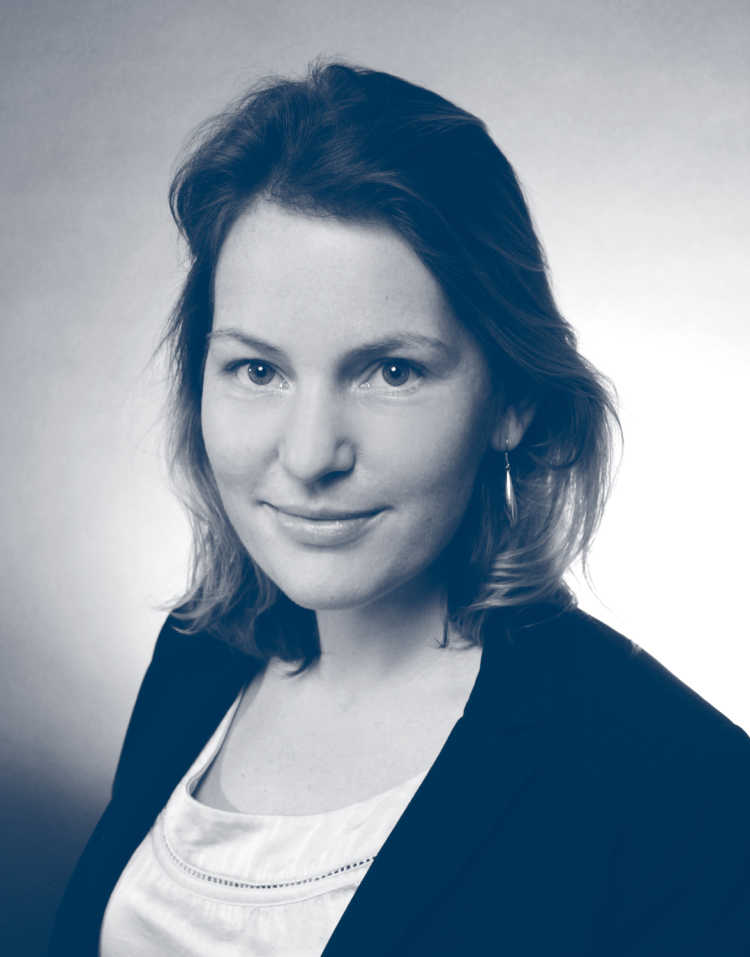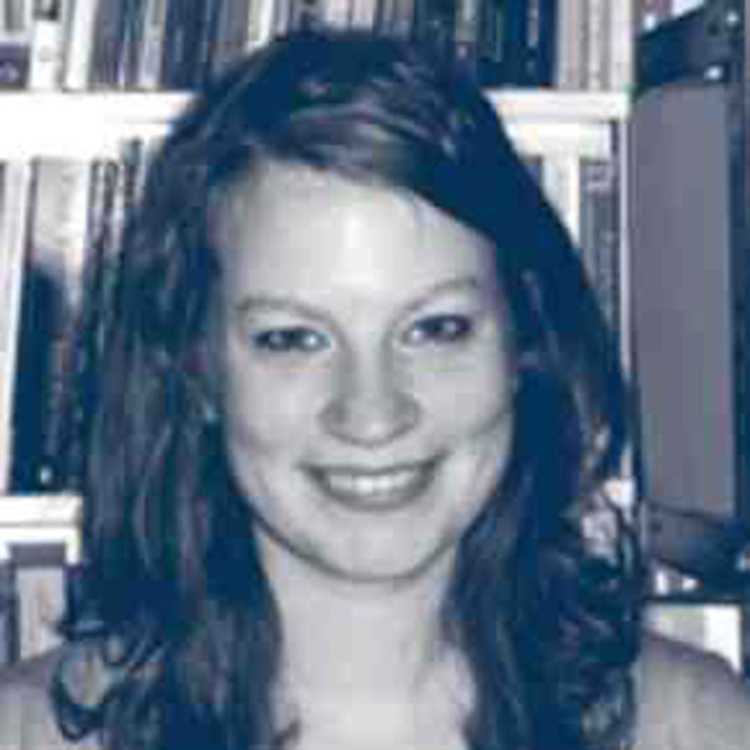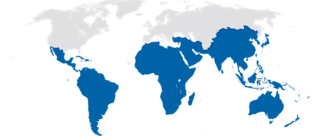
GIGA Institut für Afrika-Studien
Das GIGA Institut für Afrika-Studien analysiert politische und sozio-ökonomische Entwicklungen in Subsahara-Afrika. Politische Institutionen, gewaltsame Konflikte und sozioökonomische Herausforderungen bilden den thematischen Kern. Ziel der Forschung ist es, ein differenziertes Bild von Subsahara-Afrika zu zeichnen.
News und Highlights
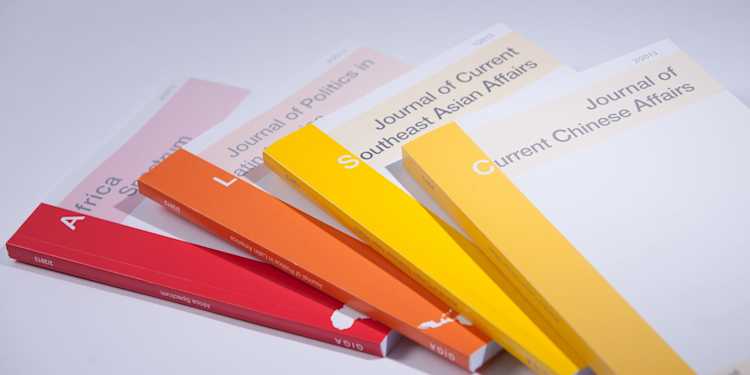
GIGA Journal Family
Die vier Zeitschriften des GIGA werden von SAGE Publishing unter Fortführung des "Platinstandards" des Open-Access-Modells veröffentlicht. Alle Beiträge erscheinen auf Englisch und durchlaufen ein mehrstufiges, anonymisiertes Begutachtungsverfahren. Zudem sichern international besetzte wissenschaftliche Beiräte die Qualität der Zeitschriften.
GIGA Journal FamilyForschungsprojekte
Alle GIGA-Projekte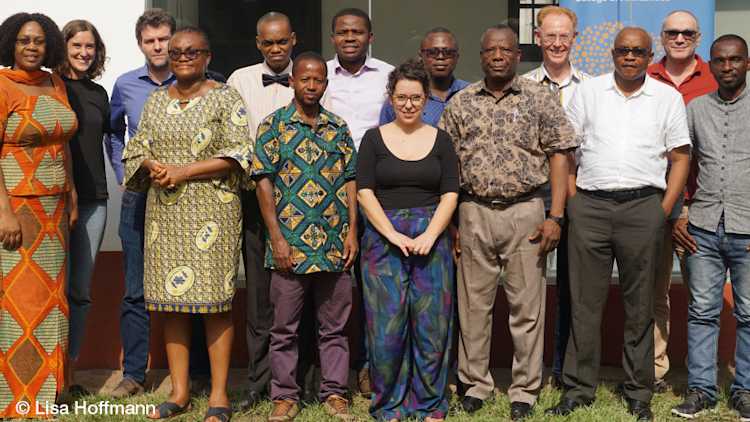
Forschungsplattform Afrika
Der Austausch und die Zusammenarbeit mit Forschenden aus aller Welt hat am GIGA eine jahrzehntelange Tradition. Seit 2015 intensivieren und vertiefen wir diese Zusammenarbeit mit Hilfe der GIGA-Forschungsplattformen.
Die Forschungsplattform Afrika zielt darauf ab, die Zusammenarbeit mit exzellenten Partnern in Subsahara-Afrika zu intensivieren und zu festigen sowie Kooperationen zu Forschungsthemen von gemeinsamem Interesse zu fördern.
ForschungsplattformenPräsidentin (ad interim)
Prof. Dr. Sabine Kurtenbach leitet das GIGA als Präsidentin (ad interim).
Regionalinstitute
Benachrichtigungen
Melden Sie sich hier für E-Mail-Benachrichtigungen zu GIGA-Aktivitäten an
Soziale Medien
Folgen Sie uns








